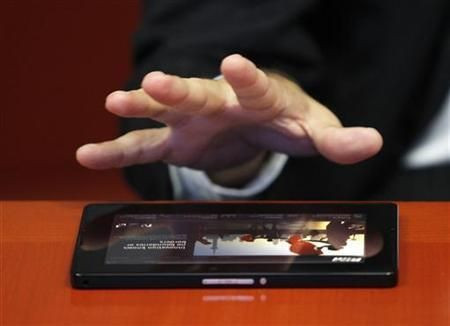How Hurricane Sandy Revealed Chinks In Wireless Technology

The downside to emerging technologies, especially wireless, during emergencies became more than evident during Hurricane Sandy crisis that made it harder for those affected to communicate with their kith and kin.
Continued blackouts in several regions along the U.S. East coast revealed how the new age devices became crippled with lack of power supply. Blackouts limited the ability to communicate with people who matter most, the Washington Post has reported.
Though it is known that traditional method of communication are among the most reliable in emergency, growing number of wireless homes in the U.S. show the marked preference among Americans for sleek gadgets that require electricity. This results in communication failure especially during extended hours of blackout with friends, family and emergency responders.
Several companies including AT&T, Verizon are paying the price for investing less in wireline networks and providers of Internet service urged the FCC to repurpose an $8 billion package to finance broadband internet instead of traditional phone lines in rural areas.
As landlines work even without electricity, wireless providers were urged to provide backup facility for cell tower to ensure reliable service. Though they decided to respond to emergencies with generators and extra cell towers, even the backup plan posed a problem as resources including gasoline became a rare commodity.
As 25 percent of cell towers in storm-affected regions went down and relief work became stalled by flooding and fallen trees, wireless service is yet to return to normal levels.
Despite their propensity to work without electricity, fixed-wire phones were not invulnerable as flooding cut off traditional phone lines in lower Manhattan.
Commenting on the situation, Brian Fontes, chief executive with the National Emergency Number Association, told the Washington Post: "There will always be disasters that are damaging to any form of communications. It's best not to rely on any one service."
© Copyright IBTimes 2024. All rights reserved.





















